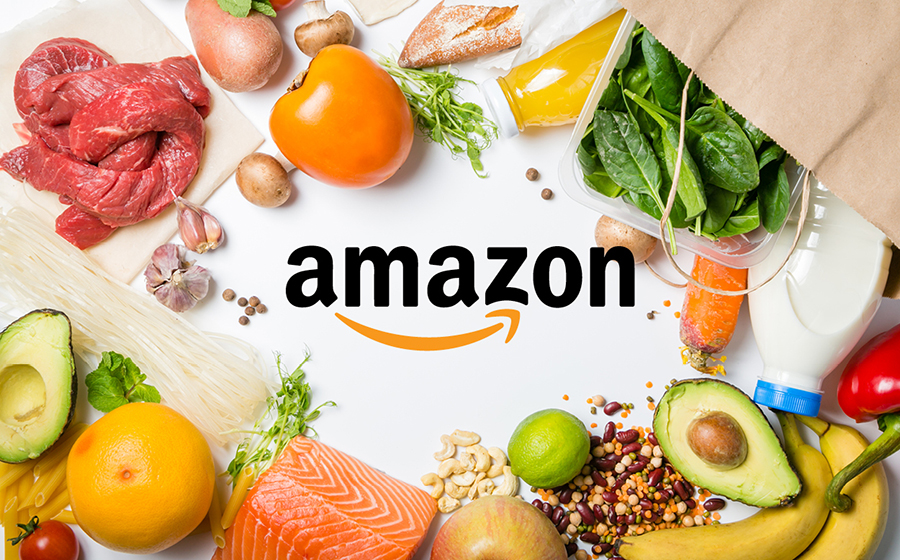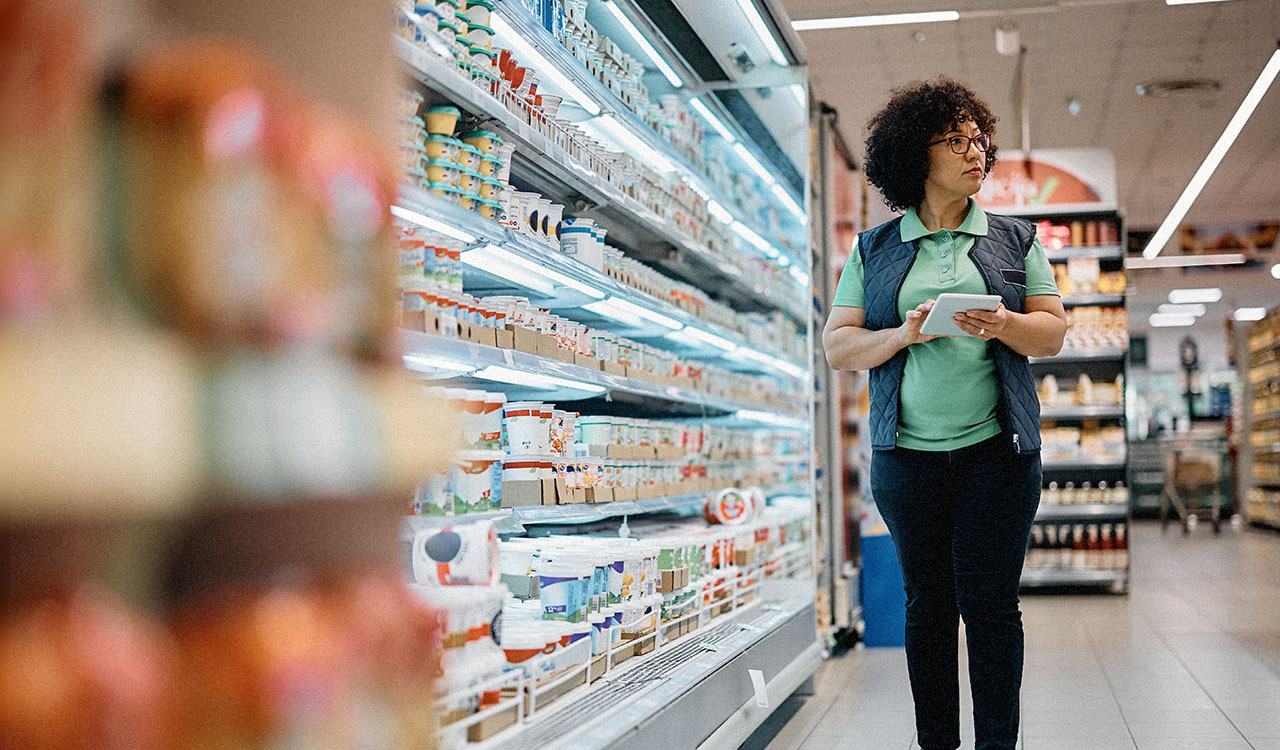The first preview emerged a few weeks ago when Amazon acknowledged that the Whole Foods \”365\” format would no longer exist. Later, it was further acknowledged that all 12 of those stores would be converted to the Whole Foods banner.
The 365 format was originally designed to offer shoppers an alternative to the more costly shopping trip to a Whole Foods store by offering product under the 365 private label that is priced below similar national brands. Clearly, it was an attempt to compete directly with Trader Joe\’s and Aldi, both of which depend almost entirely on their own brands sold at low prices.
The explanation for the folding the 365 stores was that the price spread between Whole Foods stores and 365 had diminished to the point that 365 was no longer needed.
I think there\’s a lot more involved than that. As I predicted in The Robin Report a little more than two years ago when 365 began, the concept was flawed and perhaps doomed to failure. That\’s because food retail customers return to the store much more often than, say, department-store shoppers. Food customers know the prices of items they buy frequently.
Known Price Points
Therefore, while department stores and apparel-brand owners might prosper with outlet stores, often located away from their conventional stores, Whole Foods located its off-price offer near its main stores appealing consumers well acquainted with food prices.
To the minor extent that 365 stores offered better price points, they also implicitly shouted out that Whole Foods stores were overpriced. Not good marketing.
In any event, Amazon is now consolidating its Whole Foods stores into a unified whole, but that leaves a big hole when it comes to any sort of a low-price offer. That would seem to counter Amazon\’s current strategy to appeal to lower-income shoppers. It already offers a lower-price Prime membership level to recipients of Medicaid and other public-assistance programs.
This is where the new supermarket chain comes in. The Wall Street Journal, the primary source about the new chain, stipulates that the first store will open in Los Angeles at year\’s end with others to follow in San Francisco, Seattle, Chicago, Washington, D.C. and Philadelphia. It is worth mentioning that the WSJ\’s news article has no identified sources, but it\’s virtually certain that Amazon was involved in spilling the beans.
The new chain will begin in populated areas, as reported, and likely mimic Trader Joe\’s and Aldi by mostly offering private labels – including Amazon\’s own – at conspicuously favorable price points. Moreover, informed speculation has it that Amazon could acquire small grocery chains of a few stores each to facilitate expansion of the new chain. Publicity on that point will identify buying opportunities for Amazon.
Small Town, Big Opportunity
If it\’s the case that expansion by acquisition of small chains is in the offing, it\’s interesting to note that small grocery chains tend to exist in lightly populated areas. Both the chains are small and the stores comprising such chains are also small. That suggests that after Amazon\’s new concept gets its footing in larger markets, it can be rolled out in less-populated places, for example in the plains states of the upper Midwest where no current Amazon store format would otherwise seem to fit. In sum, Amazon\’s new supermarkets will give it a store fleet to appeal to cost-conscious customers and that will fit well into new territories, such as rural areas and small towns.
Incidentally, reports have it that the new supermarket chain is yet unnamed. If I were on Amazon\’s board I would propose \”Prime,\” a name that Amazon already uses and that has a food-related meaning.
Finally, I\’ll offer caution that much reporting about Amazon\’s intentions is ill-informed, premature or nothing more than a trial balloon floated by Amazon to see how the competition reacts. So, the immediate eroding of equity values of heritage food retailers such as Walmart and Kroger that accompanied the news about Amazon\’s purported intensions is doubtless premature, if warranted at all. As for other retail categories, far as we know, Amazon has no store-based ambitions beyond food and its own Amazon Books and 4-stars.




